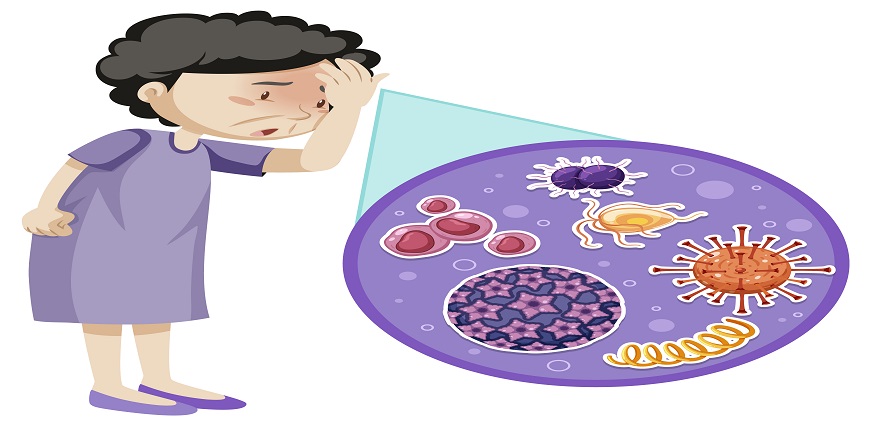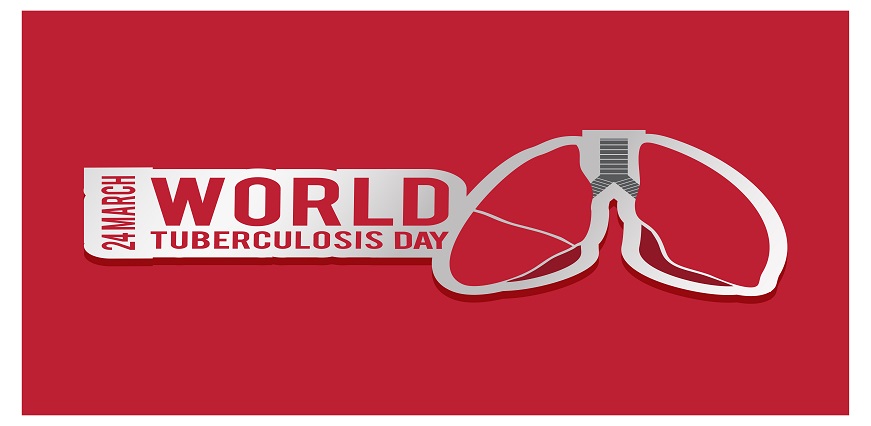





No lab centers are available in this city

Max Lab
Aug 13, 2024
The Human body is one of the most complicated machines and to ensure that it functions at its best, we must take good care of it. While keeping up the pace with the rest of the world, sometimes we forget to take care of ourselves due to our busy schedules. We need to maintain hygiene and be extremely cautious against diseases that are communicable such as mononucleosis. It is a contagious infection caused by a herpes virus called Epstein-Barr which can be transmitted through body fluids.
It is a contagious disease most commonly caused by Epstein-Barr virus (EBV). There are other viruses too that can cause this disease. It is also known as mono or the kissing disease because in most cases it is commonly transmitted via saliva. It is an infection that is prevalent among teens and young adults with all the signs and symptoms. However, young children have very few symptoms of mononucleosis and can go undiagnosed.
Symptoms of mononucleosis may vary as they can be mild or severe. It is a kind of disease that tends to grow gradually. You might be wondering, what are the symptoms of mononucleosis and how long does it last? It takes four to six weeks to get rid of this disease and the symptoms often appear 4 to 6 weeks after you get infected with EBV. These symptoms include:
In case, you are experiencing the above symptoms for two weeks or more then you must see your doctor without any further delays.
About 90% of mononucleosis cases are caused by the Epstein-Barr virus. Other viruses and infections too can cause mononucleosis which are:
To make a diagnosis, the doctor will assess your symptoms to confirm mononucleosis. Mentioned below are the types of blood tests to diagnose mononucleosis.
Sometimes mononucleosis can lead to serious complications, which are:
The treatment depends on your age, symptoms and how severe the condition is. Since there is no antiviral medication the treatment focuses on making you feel better by relieving the symptoms. The self-care plan involves:
In most cases, mononucleosis does not cause much serious problems. But it does not mean that attention or treatment is not required. It is a contagious disease with symptoms that can be very unpleasant if it takes time to recover. Keeping in mind the fact that there is no cure. As a part of the treatment plan, one needs lots of rest, drink plenty of liquids and take pain relievers to help you feel better.

















Sign up takes less than 60 secs and gives you access to your offers, orders and lab tests.
Looks like you are not registered with us. Please Sign up to proceed
OTP will be sent to this number by SMS
We have successfully received your details. One of the agents will call you back soon.
 To reach our help desk call 9213188888
To reach our help desk call 9213188888
No Lab Centers are available in this city
Looks like you are not registered with us. Please Sign up to proceed
OTP will be sent to this number by SMS
Not Registered Yet? Signup now.Looks like you are not registered with us. Please Sign up to proceed





 7982100200
7982100200.png)
Comments